Experts are reminding owners that when pets seem tired, off their food or less social, it isn’t always just age catching up with them. In many cases, these shifts can be early signs of dental disease.
Why is dental disease serious?
According to Dr Nefedova of Petstock Vet, periodontal disease affects as many as 80% of dogs and 70% of cats by the time they reach three years of age. But while it is easy for vets to diagnose, there is huge potential for it to become serious when left untreated.
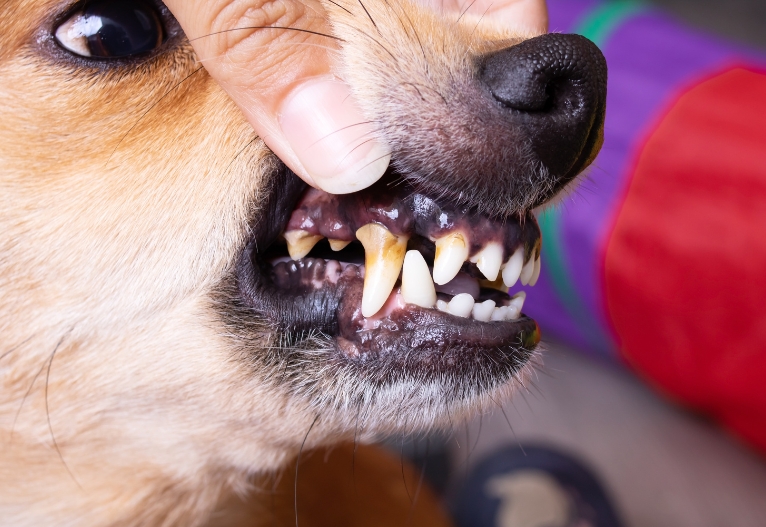
Recognising the signs
Dr Nefedova explains that dental pain is easily overlooked because it isn’t always accompanied by obvious signs of discomfort.
“Like us, they might eat less, seem flat or become less social. If your pet is drooling, chewing on one side, or not acting like themselves, a full health check – including a dental exam – is essential. Treating dental disease reduces pain, inflammation and bad breath, and can significantly improve quality of life.”
Dr Nefedova, Petstock Vet
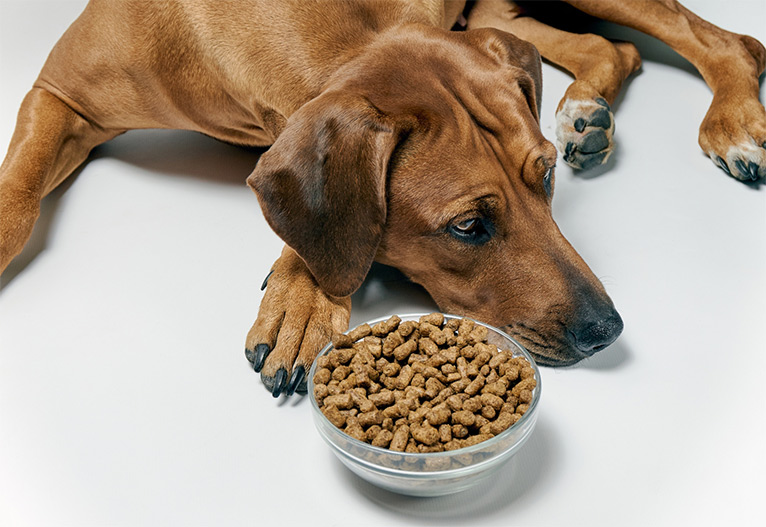
The risks of untreated dental disease
If left untreated, dental disease can lead to any of the following:
- Chronic pain
- Tooth loss and jaw fractures
- Infections that can spread to the heart, liver and kidneys
- Reduced quality of life and shortened lifespan
Which pets are most at risk
All pets can develop dental issues, but small dogs and brachycephalic (flat-faced) breeds like Pugs and Shih Tzus are particularly vulnerable. Their unique anatomy often leads to overcrowded, misaligned or unerupted teeth, which can cause problems early on.
Cats, too, are notorious for hiding discomfort. Dr Nefedova explains that they may stop grooming, chew on one side or even appear withdrawn. These subtle signs are easy to miss, which is why routine dental check-ups are critical.
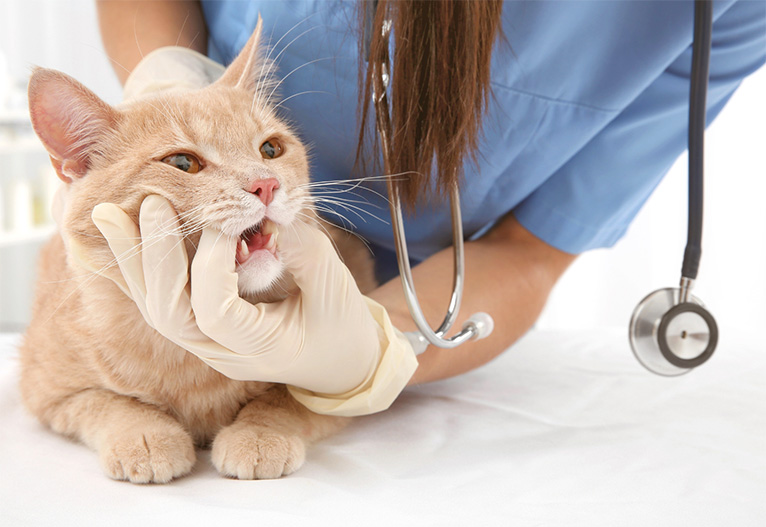
Five signs your pet could have dental pain
- Bad breath
- Reluctance to eat or chew
- Drooling or pawing at the mouth
- Red, bleeding or swollen gums
- Personality changes, such as irritability or low energy
Prevention is the best approach
Dr Nefedova says prevention is key.
“We recommend starting dental care young, ideally by six to 12 months of age. Gradually desensitise your pet to having their mouth handled, introduce brushing gently, and make it part of their routine. Dental-friendly foods and toys can also go a long way.”
Dr Nefedova, Petstock Vet
As part of Dental Month this August, Petstock is offering $50 off dental procedures at all Petstock Vet clinics nationwide after your first free dental check.
Do you routinely have your pet’s dental health checked by a professional? Leave us a comment below.

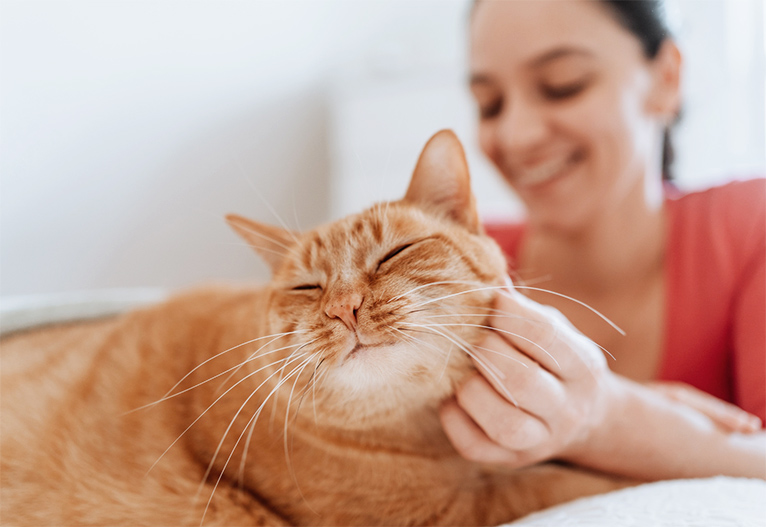




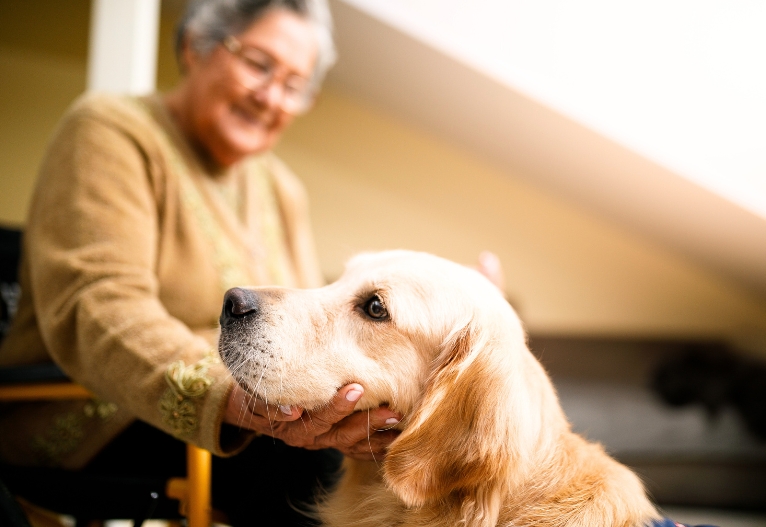


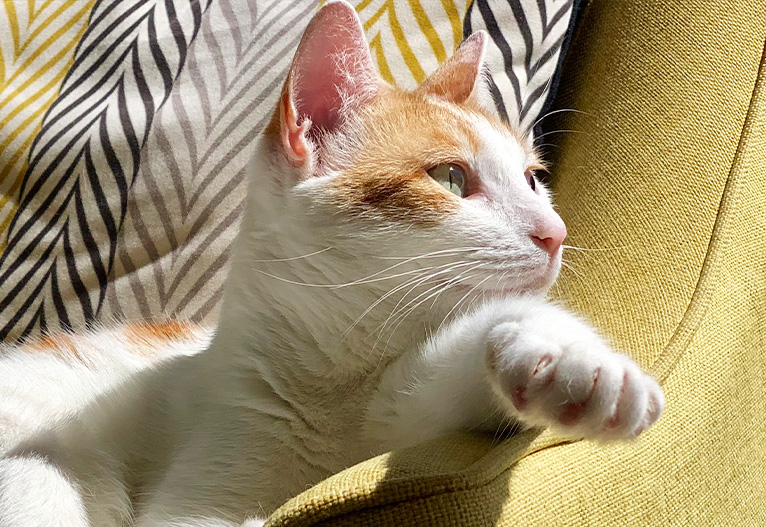


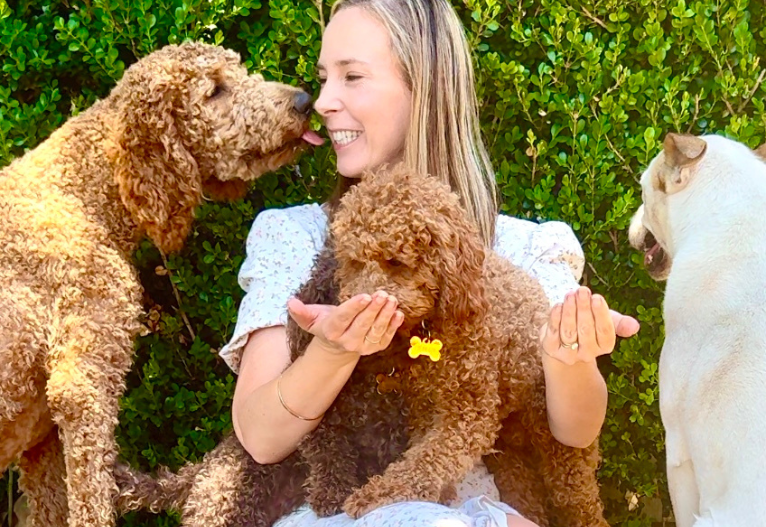
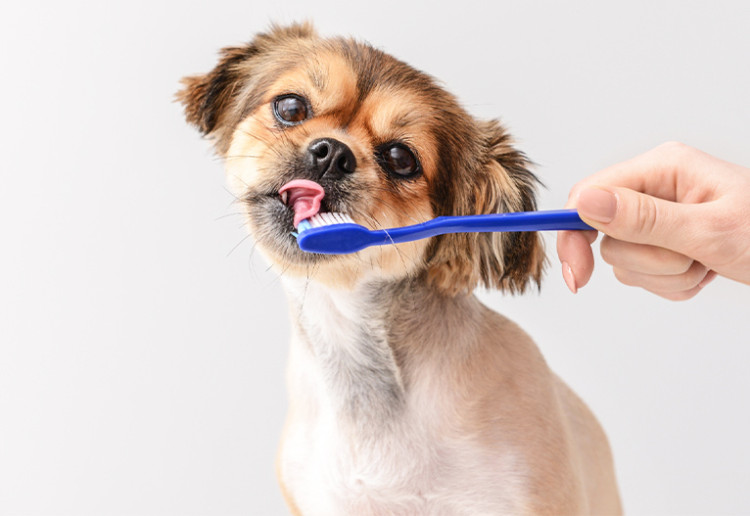
-

-
-
Myfurrloves, NSW
- 30 Nov 2025
👍
0 Likes
-

-
-
sars_angelchik, TAS
- 24 Sep 2025
👍
0 Likes
-

-
-
BP517672, NSW
- 13 Sep 2025
👍
0 Likes
-

-
-
Myfurrloves, NSW
- 03 Sep 2025
👍
0 Likes
-

-
-
BP517428, NSW
- 31 Aug 2025
👍
0 Likes
-
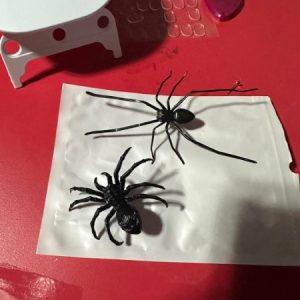
-
-
BH516536, TAS
- 29 Aug 2025
👍
0 Likes
-

-
-
NewfieMum, QLD
- 29 Aug 2025
👍
0 Likes
-

-
-
sars_angelchik, TAS
- 27 Aug 2025
👍
0 Likes
-

-
-
TraceyGail, NSW
- 25 Aug 2025
👍
0 Likes
-

-
-
BH516536, TAS
- 23 Aug 2025
👍
0 Likes
-

-
-
ChiWren, QLD
- 22 Aug 2025
👍
0 Likes
-

-
-
BH516394, WA
- 22 Aug 2025
👍
0 Likes
-

-
-
BH516518, VIC
- 20 Aug 2025
👍
0 Likes
Post a commentTo post a review/comment please join us or login so we can allocate your points.